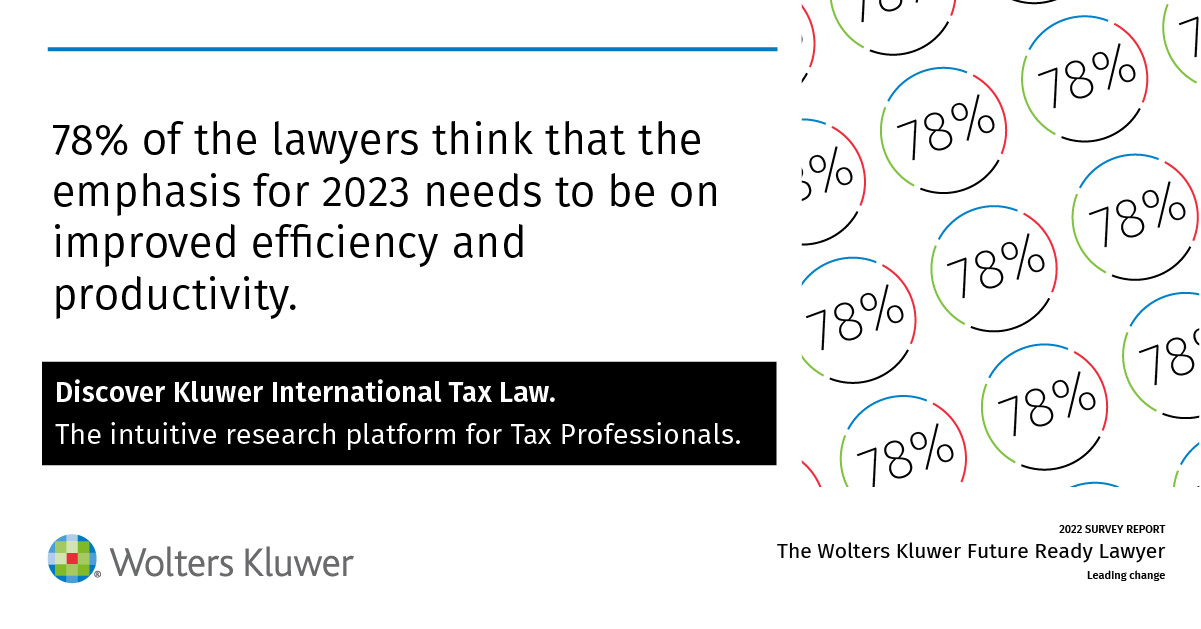MNC profit shifting has received major attention over the past few years. Total earnings stockpiled overseas are now reported to be in excess of $2 trillion. One of the authors published a technical tax article in Tax Notes on July 13, 2015, demonstrating that foreign subsidiaries of many MNCs are highly vulnerable to IRS attack using an approach supported by specific statutory provisions.
This approach, which has been generally ignored by both tax practitioners and the IRS, would directly tax the profits shifted to foreign subsidiaries under the IRS’s “effectively connected income” (ECI) rules. Taxation would be higher than the normal US corporate tax rate of 35%, with the effective tax rate typically being 54.5% or even higher. Further, clear statutory authority exists for the IRS to disallow certain deductions and credits and assess tax for any year for which the foreign corporation has earned ECI and has not filed a US income tax return. This means that the IRS can impose tax on years prior to the “open tax years” of U.S. group members. For affected MNCs, the effects on the tax provision, cash flow, earnings-per-share, and share price may be very significant. This direct taxation approach is statute-based and is not just a subjective transfer pricing determination or “substance-vs-form” argument.
This article provides information needed by CFOs, in-house tax directors, and outside auditors of affected MNCs to understand the practical issues so that each can focus on their specific organizations, assess all risks, and consider actions to take.
This article provides a practical approach to assess an MNC’s risks by examining three principal factors in regard to profits earned through low- or zero-taxed foreign subsidiaries. These three principal factors are:
- Value drivers predominately performed by US group members,
- US located control and decision-making, and
- Lack of any real CEO and management located outside the US.
Where these factors are present, there will be a need to consider:
- Financial statement accruals and/or disclosures for past reporting periods,
- Possible actions to reduce the level of risk for past years
- Possible actions to reduce the level of risk for future years, including the possibility of unwinding some profit-shifting structures, and
- A review of prior decisions regarding the permanent overseas reinvestment of foreign earnings under APB23.
While in-house personnel may believe that certain risks should be considered remote, outside auditors are in a unique position because the direct taxation approach, being more statutorily-based, requires that their independent judgment be rendered under the FIN48 requirement that states:
“It shall be presumed that the tax position will be examined by the relevant taxing authority that has full knowledge of all relevant information.”
full article here: Thomas J. Kelley, David L. Koontz, and Jeffery M. Kadet (Journal of Accountancy, February 2015)
Thomas J. Kelley, David L. Koontz, and Jeffery M. Kadet (Journal of Accountancy, February 2015)
________________________
To make sure you do not miss out on regular updates from the Kluwer International Tax Blog, please subscribe here.
Kluwer International Tax Law
The 2022 Future Ready Lawyer survey showed that 78% of lawyers think that the emphasis for 2023 needs to be on improved efficiency and productivity. Kluwer International Tax Law is an intuitive research platform for Tax Professionals leveraging Wolters Kluwer’s top international content and practical tools to provide answers. You can easily access the tool from every preferred location. Are you, as a Tax professional, ready for the future?
Learn how Kluwer International Tax Law can support you.



Another eye-opening post by Prof. William Byrnes.